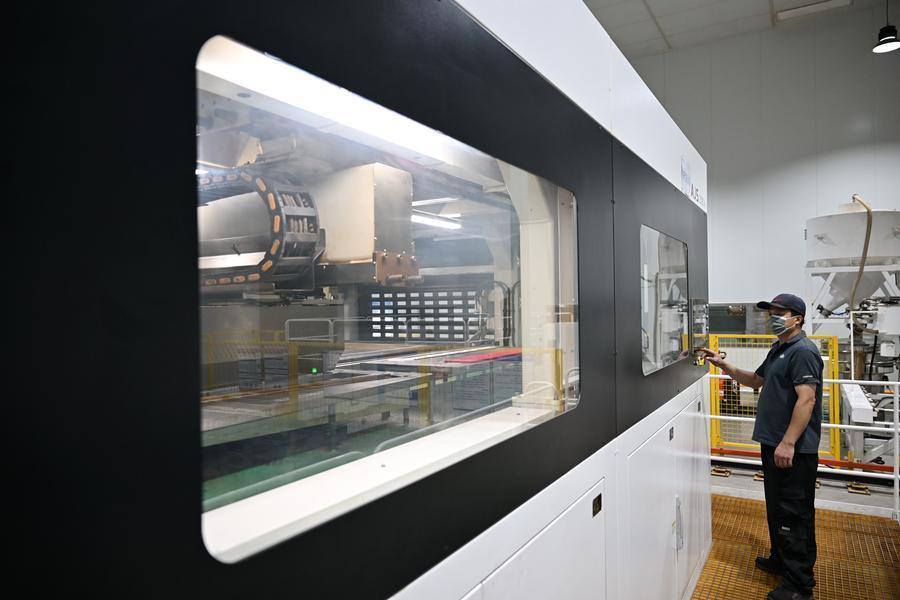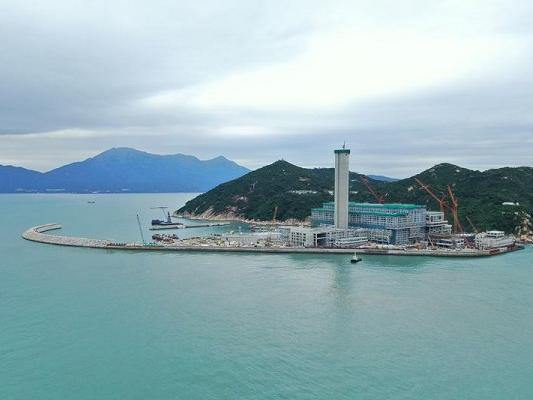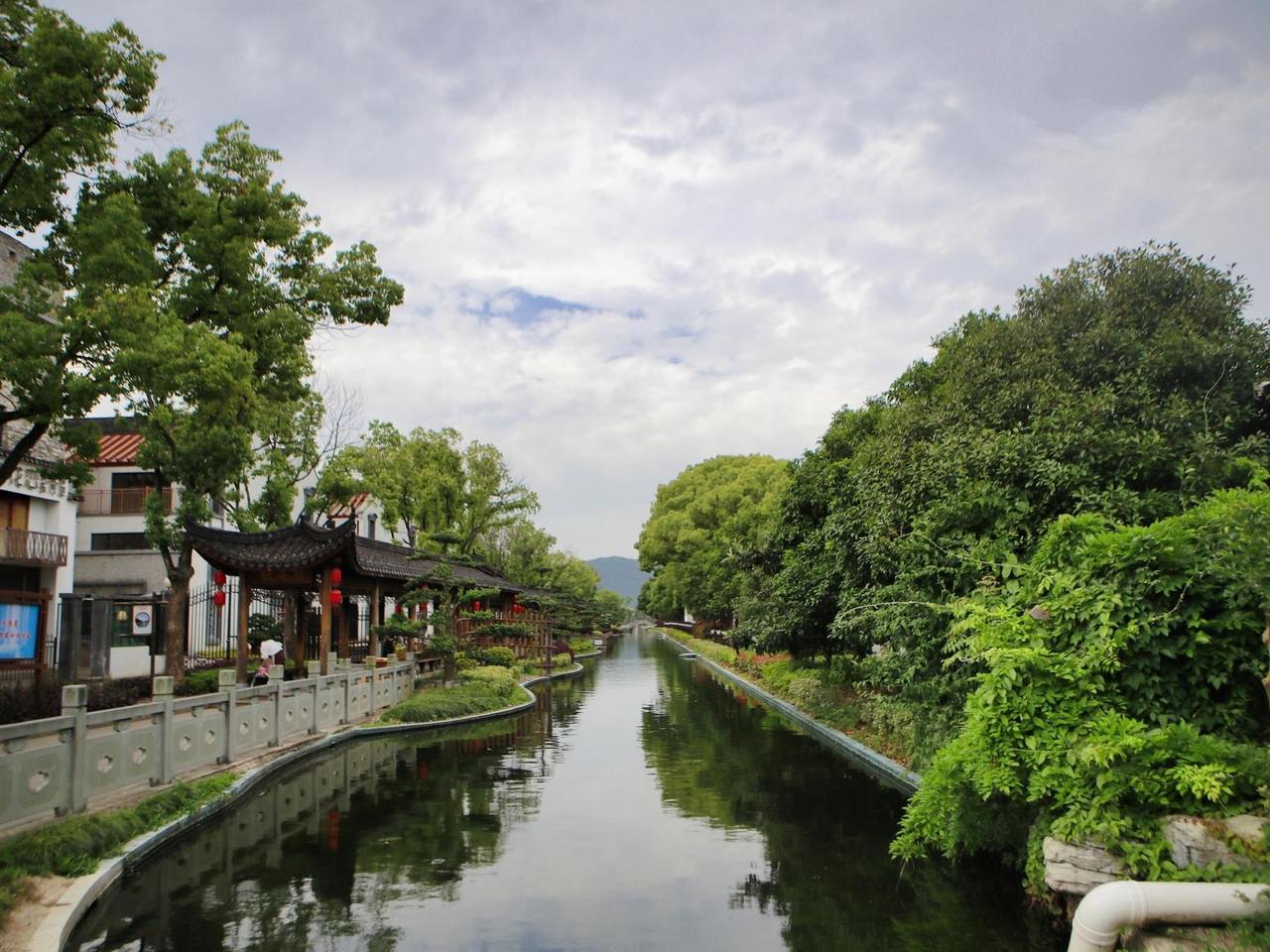Editor's notes: China releases a white paper to respond to climate change, what are China's goals? Globally, Iran says nuclear talks to resume by end of November, what can we learn from this move?
1. China releases white paper on climate change response
China on October 27 released a white paper on the country's policies and measures for responding to climate change. China has set a goal of peaking carbon dioxide emissions by 2030 and achieving carbon neutrality by 2060.
According to the white paper, in order to meet its targets in response to climate change, China has risen to these challenges and formulated and implemented a variety of strategies, regulations, policies, standards, and actions, accelerating work on "1+N" policies for peaking carbon emissions and achieving carbon neutrality. ("1" stands for the top-level design guidance and "N" refers to policies and measures for various industries and sectors.)
2. Chinese premier calls for East Asia's economic integration
Chinese Premier Li Keqiang on October 27 called for advancing East Asia's regional economic integration and jointly responding to challenges on the public health, energy, food, and financial fronts to promote development.
Li made the remarks in Beijing when addressing the 24th ASEAN Plus China, Japan, and the Republic of Korea (10+3) Summit via video link.
Li made a six-pronged proposal, including improving public health governance, deepening regional economic integration, strengthening industrial cooperation, promoting the digital economy, stimulating financial cooperation, and promoting green and sustainable growth in East Asia.
3. China's Kuaizhou-1A rocket launches satellite
China on October 27 sent a new satellite into space from the Jiuquan Satellite Launch Center in the northwestern Gansu Province.
The Jilin-1 Gaofen 02F satellite was launched by a Kuaizhou-1A (KZ-1A) carrier rocket at 2:19 p.m. (Beijing Time) and entered the planned orbit.
It is an optical remote sensing satellite that can provide high-resolution images and high-speed data transmission.
Kuaizhou-1A, which is Chinese for fast ship, is a low-cost small solid-fuel carrier rocket that has a short preparation period. Developed by the China Aerospace Science and Industry Corporation, the rocket is designed to launch low-orbit satellites weighing under 300 kg.
Since their first commercial mission in 2017, KZ-1A rockets have sent 21 satellites into space.
October 27 launch was the 12th mission by Kuaizhou-1A series rockets, according to the launch center.
According to a press conference convened by the State Council Information Office. P.R.C. on October 27, everything is ready for Beijing 2022 Olympic Winter Games and Beijing 2022 Paralympic Winter Games, The Olympic Village to welcome on January 27, 2022.
At present, preparations for Beijing 2022 Olympic Winter Games are at the final stage, deputy director of the General Administration of Sport of China introduces that present, China has 29 national teams for winter sports and 480 athletes sparing no effort to prepare for the Games. As the host of this year’s Games, we are aiming for all-sport participation and this is a historic breakthrough.
On October 27, uniform kits for Beijing 2022 Olympic Winter Games and Beijing 2022 Paralympic Winter Games made a formal public appearance. The uniform kits are available in all working scenarios and the spirit of excellent Chinese traditional culture is visible in those uniform kits. Aside from that, they reach an advanced level in the industry in terms of technological standards and green sustainability.
6. Iran says nuclear talks to resume by end of November
Iran has agreed to resume talks aimed at reviving the Iran nuclear agreement by the end of November, Iran's nuclear negotiator Ali Bagheri Kani tweeted on October 27, after his meeting with EU mediators in Brussels.
"We had a very serious and constructive dialogue with Enrique Mora on the essential elements for successful negotiations," wrote Bagheri Kani, also Iran's deputy foreign minister.
"We agreed to start negotiations before the end of November. The exact date would be announced next week," he added.
7. S.Korea reports 2,111 more COVID-19 cases, 358,412 in total
South Korea reported 2,111 more cases of the COVID-19 as of midnight October 27 compared to 24 hours ago, raising the total number of infections to 358,412.
The daily caseload was up from 1,952 in the prior day, hovering above 1,000 for 114 straight days since July 7. The daily average tally for the past week was 1,555.
The recent resurgence was attributable to cluster infections in the Seoul metropolitan area.
8. Childcare centers could be Australia's next COVID-19 frontline: report
A report from Australia's Mitchell Institute, an education and health policy think tank, has shown that as the nation opens up and learns to live with COVID-19, childcare centers could become the new frontline in the fight against the pandemic.
The report, released on October 28, noted that while children aged under four only make up 6 percent of Australia's population, they could, however, end up representing about 19 percent of the nation's unvaccinated population.
9. Iran offers proposal to solve Afghanistan crisis
Iran on October 27 presented a proposal aimed at "alleviating the people's suffering" in Afghanistan and preventing the rise of "threats" from the country.
"There is no doubt that it is not in the interest of any of its neighbors that Afghanistan re-enters a new cycle of civil war," Iranian Foreign Minister Hossein Amir Abdollahian said at a conference in Tehran with Afghanistan's neighboring countries, according to an official release.
10. Indian capital's 6th serosurvey shows more than 90 pct people have antibodies
Over 90 percent of people covered under the sixth (latest) serosurvey in the Indian capital region, Delhi, have developed antibodies against COVID-19, local media quoting a government report said October 27.
"This means Delhi is unlikely to witness a COVID-19 wave as destructive as the second wave in April and May until a new severe variant emerges," the report quoting a government official said.
"However, we cannot say Delhi has achieved herd immunity despite such a high level of seroprevalence."
The report said it cannot be said whether vaccination has a role to play in the high seropositivity rate in the capital.
Editor: He Zhenzhen




